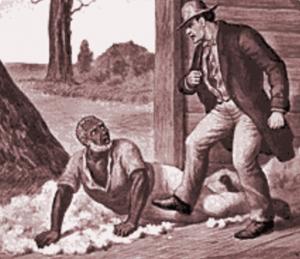One recognizable but little discussed aspect of rights in developed nations is the denial of the same Enlightenment tools of analysis enjoyed by those who see themselves as protectors of the oppressed to those who criticize not the comfortable complacencies of Western nations but the all too frequent horrors of their prior communities.
Ayaan Hirsi Ali, a courageous woman originally from Somalia and now always under the constant and legitimate threat of murder as a citizen in the West, is a noteworthy but not untypical example. There are many who would like her to keep her mouth shut – she is an annoying distraction and troublemaker. But there is a more fundamental problem than being forced to confront the ugly truth that much of the world would happily deny you your comforts.
Elite, transnational cosmopolitanism is attractive for those able to insulate themselves and their children in private schools and gated communities. It is easy to not worry much about the currents of culture. But for everyone else, there is the legitimate concern: what is a nation? What values will its communities convey to our children? A respect for national symbols, for the values and opportunities they can represent, is vital to the fostering of trans-generational connections within the nuclear family that make for a vibrant community.
Patriotism, a love that endures across criticisms, is an actual thing, grounded in the soil and in the actual people. It is an attachment to place, to memories, to things, to groups, to causes. It does not love what Might Be In the Future, once humans are able to finally fix the flaws. It is not a love for the abstract idea of What Should Be. This too easily devolves into paranoia and narcissism. This is not to say we cannot dedicate ourselves to amending the nation, ideally through the example of the Risen Christ. But it does mean that we should respect the nation because it is our people who constitute it, and Christ calls us to love others as we love ourselves. There is no other place to begin than with our neighbors, those whom God has placed in our immediate path.
Nation comes from the Latin nasci, which means to be born or generated. Nations engaged in a form of self-governance are a collection of people practicing a rare and fragile thing. They must never lose the ability to distinguish between the fanatical and a rational thinker, between those with literal boots at their throat and those wallowing in the cheap devolution of the term, wanting in some way to claim to be oppressed. What it means to be a healthy community, free of the narcissism that leads to decay, depends upon it.












